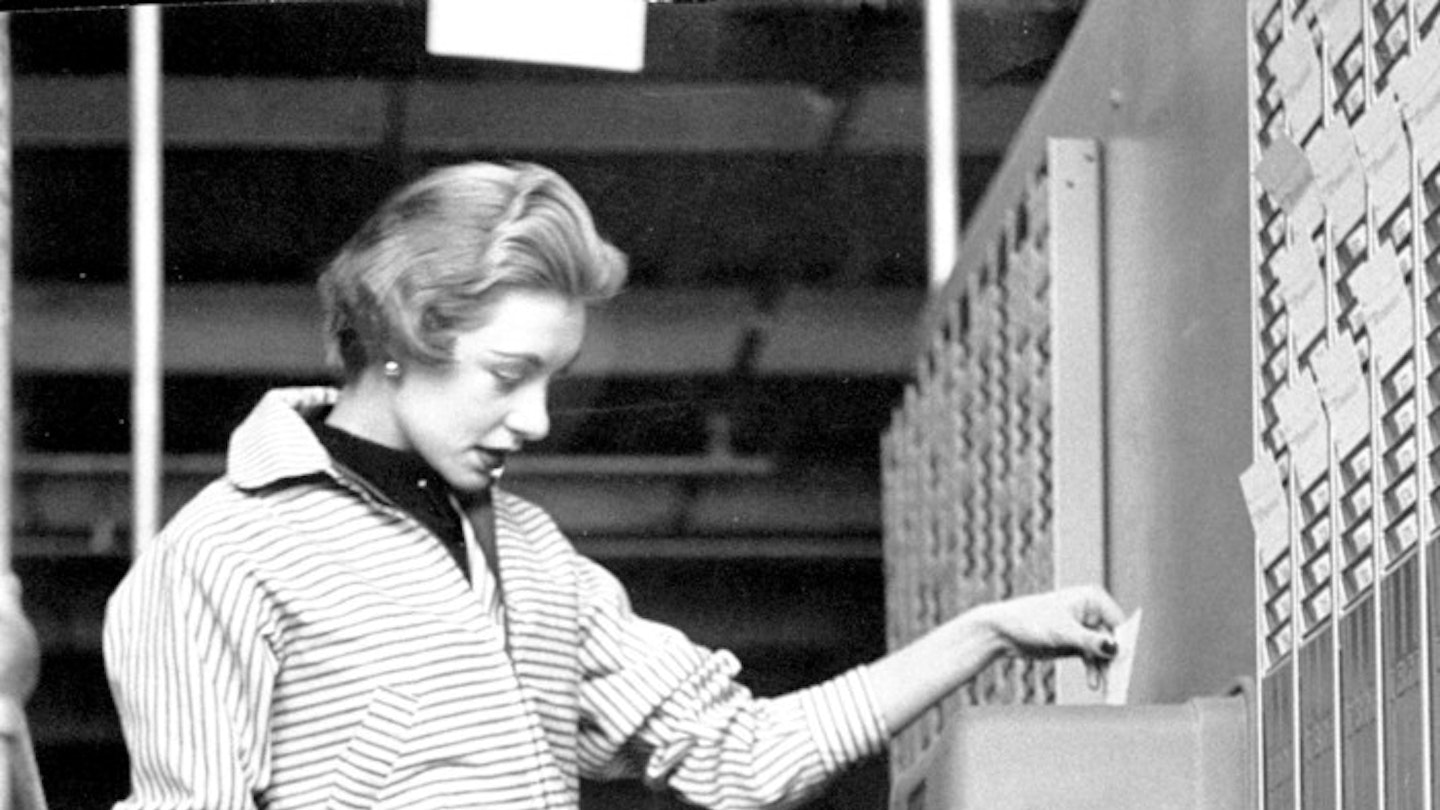When did working become an arms race? We should reclaim our lives, says Helen Lewis...
Close your eyes for a moment and try to imagine leaving work on the dot of 5pm. How does it make you feel? For most of us, the thought of leaping up from our desks the instant we’re no longer paid to sit at them is outlandish. The whole idea makes me feel actively anxious – wouldn’t everyone think I was a total slacker? And isn’t being lazy one of the worst things a person can be?
For the last few years, the Government has been urging us to work as hard as possible to offset the effects of the recession. But there now seems to be an acknowledgement that size (of your work day) isn’t everything. Last week, the Education Secretary Nicky Morgan said that teachers shouldn’t mark homework or answer emails after 5pm. Last year, her department launched a ‘workload challenge’ to find solutions to the problem.
I wish them the best of luck with that task because it will be incredibly difficult. For decades, social scientists have been pondering a conundrum: why are we working so hard? Until the industrial revolution, most people worked in the fields or their homes while the sun was up, with the type and amount of work depending on the season. Then along came electricity and accurate clocks, and suddenly people were working 12-hour shifts and six-day weeks. As a result, the great labour movements of the 19th century fought for shorter working hours, and it looked as if we were all heading for a future with acres of leisure time.
'All those extra hours spent toiling are largely pointless'
In 1930, the economist John Maynard Keynes predicted that we would be working just three hours a day by now.
To put it mildly, that hasn’t happened. The average full-time working week is 42 hours long and the UK has opted out of European rules that would limit the maximum number to 48. We also spend about an hour a day commuting. That leaves less time for sleep: we get just 6.5 hours a night on average, down from eight hours 50 years ago.
The worst thing is that all those extra hours spent toiling are largely pointless. We aren’t getting more done. Studies suggest that a typical desk worker can only hope to do six hours of high-quality work a day – the rest of the time, you’re just showing off to your colleagues that you’re in the office. Inevitably, and particularly when promotion or the threat of redundancy may be in the air, this becomes an arms race. Someone stays until 5.30pm, so the next person stays till 5.45pm. Before you know it, everyone is at their desks for an extra (unpaid) hour a day.
There is something deeply embedded in our culture which finds the idea of leisure time suspicious – particularly for women. As Brigid Schulte writes in her fascinating book Overwhelmed, ‘Throughout history, women’s time has always been subjected to unpredictable interruptions, while men’s ability to experience blocks of unbroken time has been protected. The “good”secretary and the “good” wife were the ones guarding it.’
And, if we’re honest, many of us get a thrill from complaining about how busy we are. It makes us feel important and valuable. We are also prone to judging each other by the jobs we do. Think about meeting someone at a party: isn’t the first question: ‘So what do you do?’
![[Rex]](https://images.bauerhosting.com/legacy/lifestyle-legacy/34/bdc85/10667/641ca/f4f81/97175/624ac/rexfeatures_3800011a_3763x3020.jpg?auto=format&w=1440&q=80)
There are two big changes we need to reset our relationship with work. The first is to ask to be judged by performance, rather than just by hours in the office. And the second is to be more sympathetic to those whose jobs do not, and cannot, be done 9am to 5pm. Currently, NHS staff are pointing out how absurd Health Secretary Jeremy Hunt’s exhortation that they should provide 24/7 care is: for a start, many already work evenings and weekends, and, second, humans are not machines. We cannot ask people to work longer and longer hours, with shifts starting at 6am one day and 10pm the next, and still expect them to do their jobs perfectly.
Those of us who work in offices might not have the potential to make mistakes on the same catastrophic scale as surgeons or firefighters or train drivers, but we all need to recognise a simple truth: leisure time makes us better workers. So don’t get sucked into the post-5pm arms race. Work smarter in the hours you’re paid for instead, and go home with a clean conscience.
